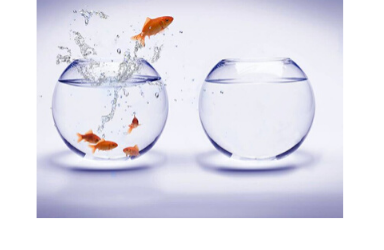
by KimMcLaughlin | Aug 18, 2023 | Self Care





You have probably heard that play is important. Truthfully playfulness IS self-care.
Engaging in play and fun activities are necessary for your overall mental and physical wellbeing. Not only will it help to reduce stress levels, but it can also improve the quality of life.
First, you need to determine what is playful AND self-care.
Determining what constitutes fun and self-care is a personal exploration, but here are three ideas to help guide you:
1.Experiment: Try different activities and observe how they make you feel. Do you feel rejuvenated after a yoga session or does painting bring out your inner joy?
What do others do that you have wondered about? Maybe there is some deep desire to try it out. Go ahead and experiment with this new form of play.
Remember, what works for others might not work for you, but then again, it might!
2.Self-reflection: Spend time thinking about what truly makes you happy. Self-care isn’t always about relaxation; sometimes, it can be about pursuing a passion or hobby that you love.
I encourage people to think back on what they used to like to do when they were younger. I LOVED being at the beach and swimming when I was younger. This is still my go-to fun/self-care activity.
3.Balance: Try to strike a balance between activities that are calming and those that are energizing. For instance, reading a book might relax you, while a dance class might invigorate you. The key to effective self-care is maintaining this balance.
Make your list a variety of calming and energizing experiences. This can match your self-care needs at different times.
Remember, there’s no ‘one-size-fits-all’ approach to fun and self-care. It’s a personal journey that depends entirely on what makes you feel fulfilled, relaxed, and recharged at that time. Go ahead, explore, and discover what makes you feel enlivened!
Second, how do you make time for playful activities when life is so busy?
The answer is simple: start small and be consistent. Here are some tips to help you get started:
1.Make a list of what you like to do for fun. It might feel hard to determine what you like to do for fun, because it has been hard to even determine what you would like to do.
When our lives are out of balance with a long to-do list, thinking about play and self-care are low on the list (if they are even on the list).
I have a list of 100 items that are on my bucket list to do or try. I add to the list when there is something fun that comes to my attention.
2.Make a schedule and stick to it – set aside time each week for fun activities. It doesn’t matter how much time it is, even if it’s only 15 minutes. The important thing is that you make time for yourself.
I promise you have at least 15 minutes to engage in some fun activities.
3.Create mini-challenges throughout the day – challenge yourself to do something fun for a few minutes each day. This could be playing a game, listening to music, watching a movie, doing some yoga, or anything else that you enjoy!
When you begin to just add in play, it can become more natural to be in the mindset of increasing play.
4.Find support – reach out to friends and family members who are also trying to make time for play and self-care activities. You can join online communities or find a local group dedicated to play and fun activities (there are many meetups that focus on play).
This way, you can make sure that you have someone who is holding you accountable.
Lastly, why is it so critical to engage in more play for self-care?
Engaging in play and fun activities isn’t just an escape from your busy schedule, it also stimulates your mind in unique and innovative ways. Whether you’re painting, playing a board game, or gardening, these activities can spur creativity, and make a positive impact on your brain and enhance problem-solving skills.
This creative rejuvenation can prove beneficial in many areas of your life, including work and personal relationships. Not only do these activities provide immediate enjoyment, but they also contribute to your overall brain functioning and emotional support.
Take the time for yourself today and make sure that you’re taking care of your physical, mental, and emotional wellbeing. It’s important for our overall health that we make time for play and fun activities!
Remember: it’s okay to put yourself first — no matter how busy life gets. You deserve a break and the chance to play and have some fun. Take that step today and give yourself permission to enjoy life!
It will make all the difference in your overall wellbeing.
Kim McLaughlin, MA is a Psychotherapist, Speaker, Author, and Coach who specializes in working with people who suffer from binge eating and emotional eating. She is a Certified Intuitive Eating Counselor. She is the author of the best-selling book Feed Your Soul Nourish Your Life! A Six Step System to Peace with Food and the Amazon #1 Best Selling book Discovery Your Inspiration.
You can find Kim on her podcast Feed Your Soul with Kim and you can find it on all podcast platforms.
Wondering if you are an emotional eater? Sign up for the free Am I an Emotional Eater Quiz.

by KimMcLaughlin | Jun 25, 2021 | Emotional Eating, Emotions, Lifestyle, Podcast, Self-Love




After the last 15 months of closure, a lot of the world is opening. We can try on clothes in the store, go to the movies, and gather to worship. Are you ready? No matter where you fall on your opinions about the pandemic, I think everyone has a takeaway or life lesson coming out of this last 15 months. If you have not considered your takeaways, this list is going to be a reminder of what you can take from the last 15 months into the future. I call it making lemonade out of lemons.
1. We are more social than we think we are and there is still a necessity for down time. The time of covid was an introvert’s delight. There was a permission to sit and just be. But I heard from many introverts that did want more freedom to go out. I am an extrovert, and I missed all the public places I had gone and the people I could not see. Even though I missed the time out with others, I found I cherished the downtime where I was not expected to be anywhere. Holidays at home and no requirement to drive anywhere felt freeing to me.
2. There is an interconnectedness to this world.
As I heard the stories of sadness, loss, and fear, I found it so extraordinary to hear my clients and others share feelings and experiences I was experiencing at the same time with them. I felt powerless to make big changes and sitting with the feelings was my call to action often. People in the helping profession are not usually experiencing the same experience at the same time as their clients. This was profound. I had to make a conscious decision to more connected to my self-care than ever.
3. We do not always know what curve balls life will throw us.
My family and I thought we had the year 2020 planned when the clock struck midnight and the new year began. We entered 2020 with a feeling of exuberance and joy. We had so many plans for the year. We dubbed it the “year of the McLaughlin’s.” I had heard so many of my friends express the same excitement for 2020 and saw it as a turning point year. The curve ball is my metaphor when life does not go the way I planned or expected. Once the year began to roll out, it was clear 2020 would not look like what any of us thought.
4. Be grateful for what you have.
As I sat home with my family, I was grateful that I had my husband and child here and my parents close by. I know of people who had some many different experiences, either feeling alone or being around too many people for too long.
5. Food is comforting.
We know food is comforting, but the world experienced food as comfort. I felt scared when I went to the grocery store and saw the shelves empty of food. I have never lived in a place where there was food scarcity, and this is what I experienced. We never actually went without food, but my empathy increased for people who do experience the lack of food.
6. Movement is critical.
I sat- a lot. My family and I walked most every day to get out of the house and to get fresh air and to have movement. I found working from home created more time of sitting and my body hurt. My gym was closed, and they had virtual exercises. I tried to engage virtually, but I did not push myself like I do at the gym. I was grateful when the gym “opened” in early summer at the park. We were able to work out together and stay socially distanced. I realized that I need the social experience of movement to push myself to do more.
7. Routines are important- no matter what.
The pandemic brought this lack of centeredness for myself, my family, and my clients. We did not necessarily have to keep to schedules because life felt upside down. Working from home and virtual school created different routine patterns and I expected less from myself. Sleep was off, food routines were off, and general life was off balance. Once I realized that having a routine no matter what was essential, life became more in balanced.
8. We can adapt to difficult situations, and we are resilient.
I worried about my daughter’s school closing. I did not know how she could get the education she needed. I knew my husband and I were not equipped to be her teachers. It took time, but her school figured out how to have quality virtual classes. We were able to set up a routine for her where she was not on a device all day. She had a lot of virtual playdates where she and her friends make DIY projects, talked, and played games.
9. You do not know when your last day on earth will be, cherish the people and the moments.
This was a tough year. We had a few family members who made their transition during the time of COVID, but they did not die of COVID. Actually, we knew only a very few people close to us who got COVID and no one who was extremely sick with it. I heard many stories of loved ones who died of COVID or got extremely sick. There was and is much pain with the loss of so many lives over a relatively short period of time. I was reminded that death can give us a different perspective on life and to appreciate the moments, no matter what they look like.
10. No matter what, kindness is the key.
Lastly, kindness matters. It really does. I felt so grateful for the doctors and nurses who were on the front lines and did their best to assist as many people as possible. I had more psychotherapy clients want sessions than I could assist. People were feeling the stress, loneliness, and fear. I felt it was an honor to help people during this really difficult time. I had such regard for those who kept working at the grocery stores and made sure we could all get the food and essentials we needed. It was a time of helping neighbors and strangers. We were all going through this shared experience that bonded us together.
I do not know what the future will hold, and I am grateful to be healthy and incredibly grateful my daughter was able to go back to school. My gym is open, and I love my workouts and do not take them for granted.
I am embracing the lessons from the time of COVID, and I strive to not forget them. I feel changed in a way that is hard to describe.

by KimMcLaughlin | Feb 10, 2020 | Podcast, Uncategorized




 Could you use more happiness? Is there actually a way to be happier? In Gretchen Rubin’s book, The Happiness Project, she challenges us to look at happiness and see what we can do to boost it. Gretchen engages her readers in different concepts each month to build a stronger foundation of happiness.
Could you use more happiness? Is there actually a way to be happier? In Gretchen Rubin’s book, The Happiness Project, she challenges us to look at happiness and see what we can do to boost it. Gretchen engages her readers in different concepts each month to build a stronger foundation of happiness.
This week we are looking at finding happiness for the month of February and we are focusing on love. You do not have to be in a marriage or intimate relationship to listen to this podcast, because we cover all forms of relationships: work, home, school, neighborhood and friendships.
Her happiness project is fun and helps us explore the idea of happiness and how to increase it.
Join us on the Feed Your Soul with Kim Podcast as we discuss:
- How can happiness feed our soul?
- Discover 5 ways to increase your happiness now.
- Learn how love increases your happiness.
Here is a link to the Subjective Happiness Scale we discussed in the Podcast. https://sonjalyubomirsky.com/subjective-happiness-scale-shs/
 Kim McLaughlin M.A. is a counselor and a motivational coach working with people who engage in emotional eating or binge eating. She is a Certified Intuitive Eating Counselor. If you are in need of services contact Kim McLaughlin here.
Kim McLaughlin M.A. is a counselor and a motivational coach working with people who engage in emotional eating or binge eating. She is a Certified Intuitive Eating Counselor. If you are in need of services contact Kim McLaughlin here.
Kim is the author of the best-selling book Feed Your Soul; Nourish Your Life! A Six Step System to Peace with Food. Learn more about her book here.
Kim McLaughlin has been identified as writing one of the Top 50 Blogs about Emotional Eating by the Institute on Emotional Eating. Sign up for her free Special Report: Top Strategies to End Binge Eating here or visit her website at www.FeedYourSoulTherapy.com.
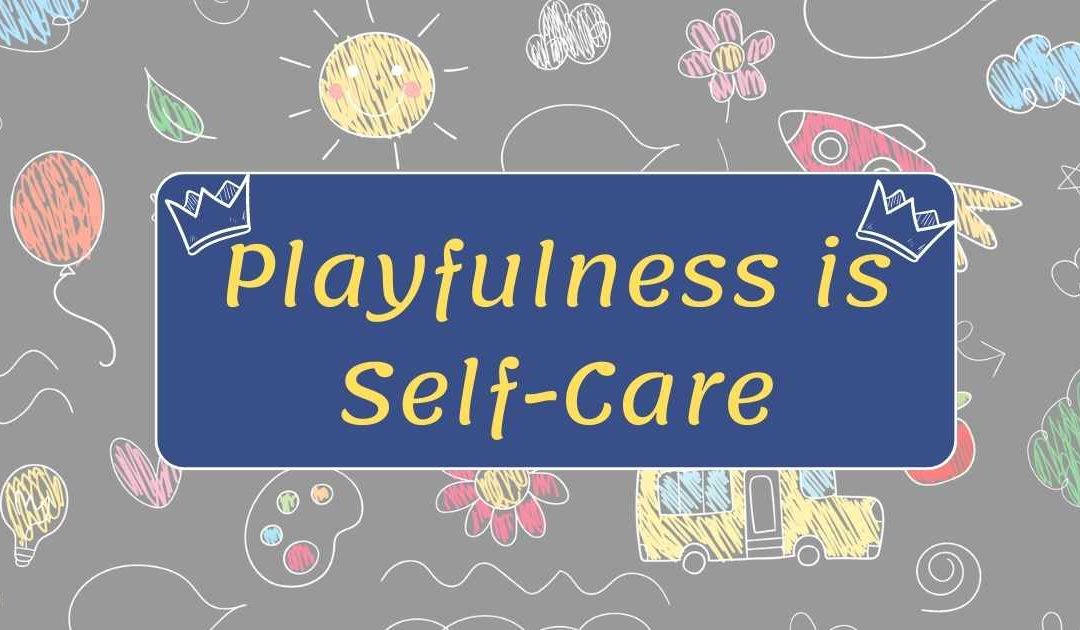
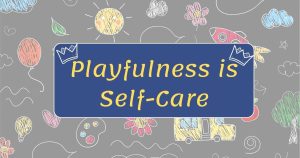

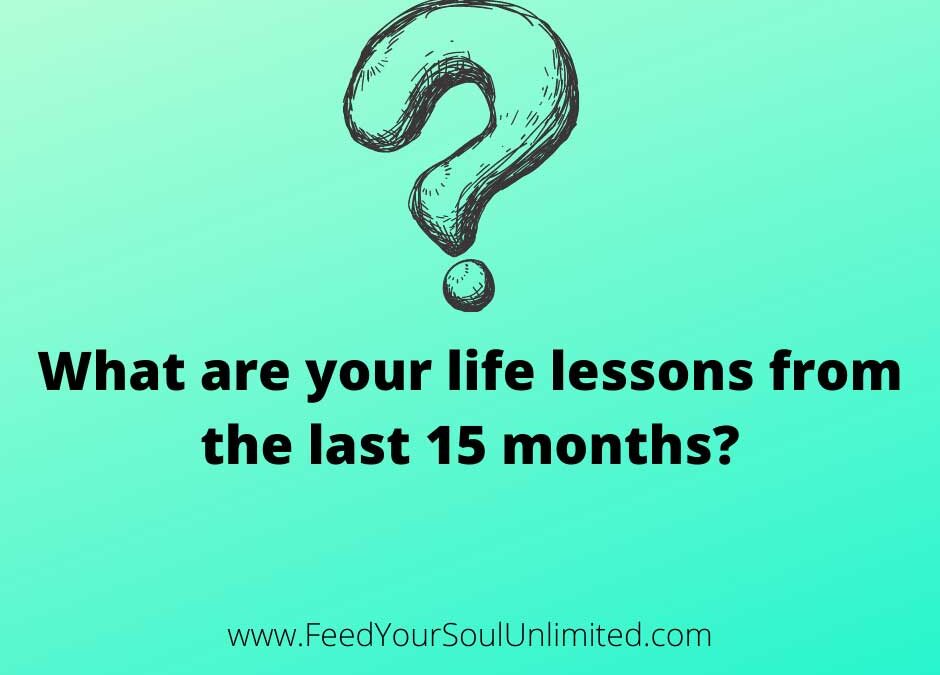
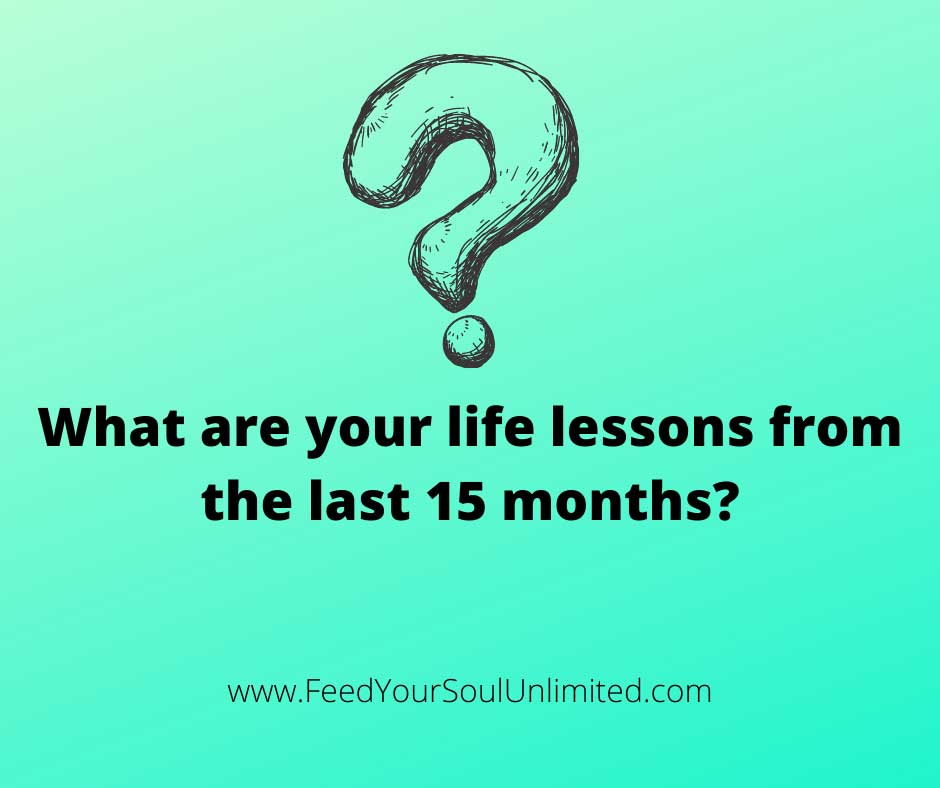
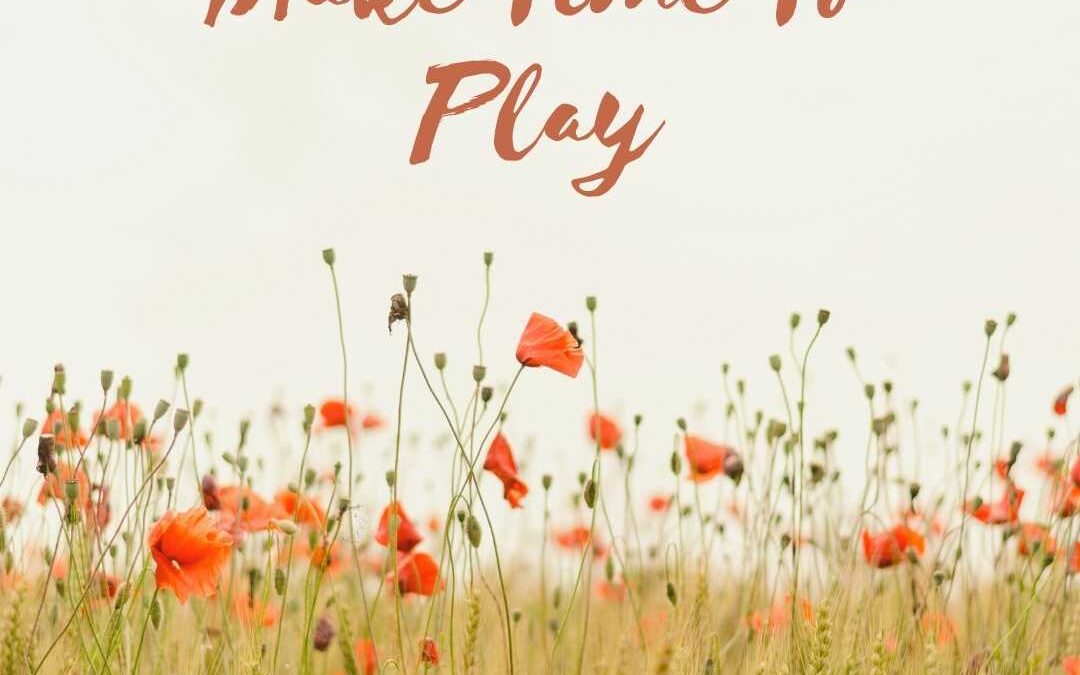
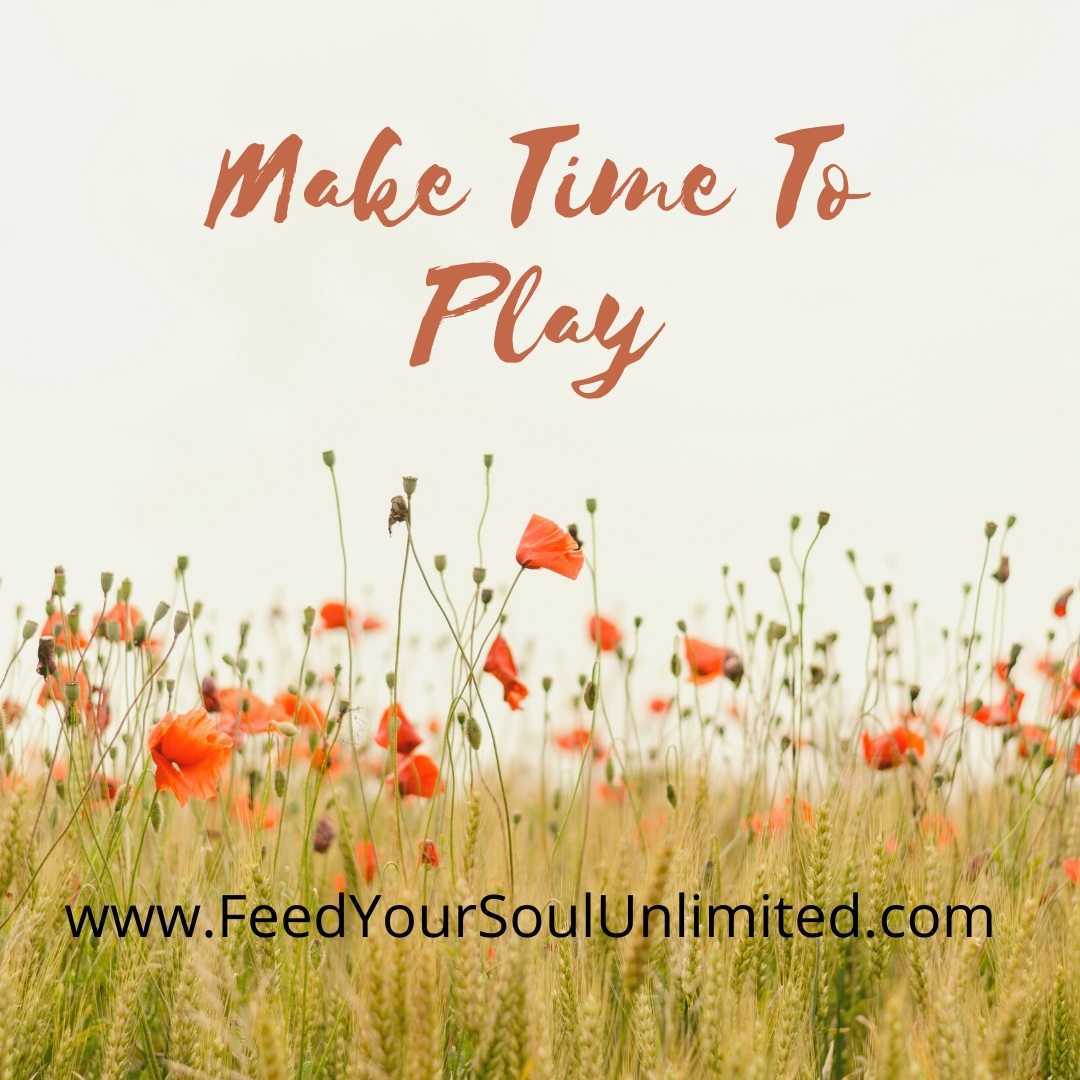
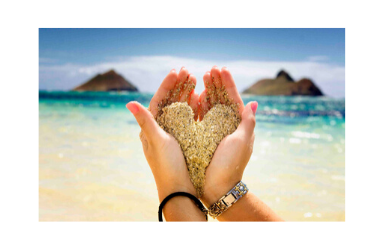
 Could you use more happiness? Is there actually a way to be happier? In Gretchen Rubin’s book, The Happiness Project, she challenges us to look at happiness and see what we can do to boost it. Gretchen engages her readers in different concepts each month to build a stronger foundation of happiness.
Could you use more happiness? Is there actually a way to be happier? In Gretchen Rubin’s book, The Happiness Project, she challenges us to look at happiness and see what we can do to boost it. Gretchen engages her readers in different concepts each month to build a stronger foundation of happiness.
